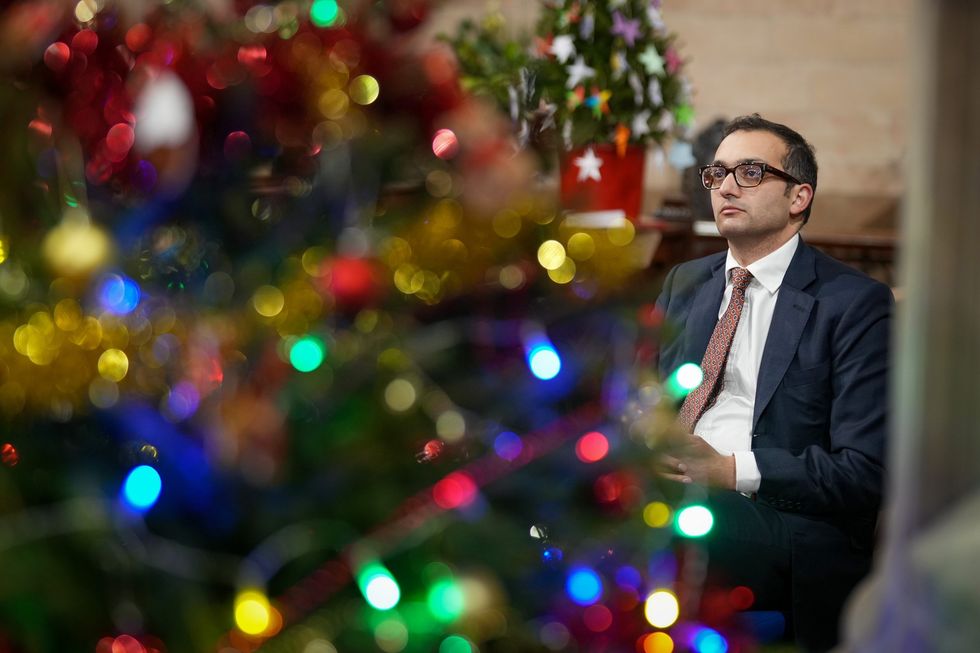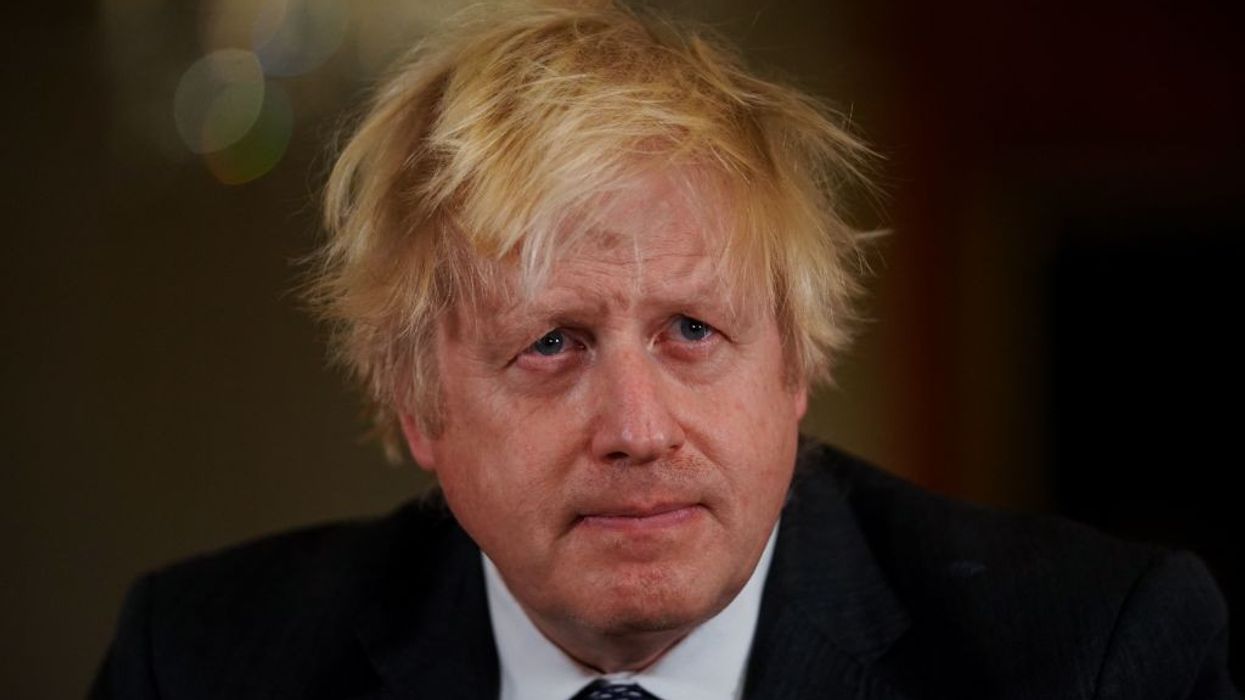PRIME minister Boris Johnson on Friday (17) suffered a crushing by-election defeat in a constituency never previously lost by the Conservatives, a result which raises questions about his leadership.
The Tories won the seat in North Shropshire, central England, by a massive majority in 2019, but that was wiped out by the Liberal Democrats in Thursday's (16) vote in a result that will intensify the mutinous mood among Conservative MPs.
Tory candidate Neil Shastri Hurst lost to Helen Morgan of the Liberal Democrats.

Johnson, 57, was already reeling after roughly 100 of his MPs rebelled in parliament on Tuesday (14) against the government's introduction of vaccine passes for large events.
The prime minister's authority has taken a hit in recent weeks following claims of corruption and reports that he and his staff broke coronavirus restrictions last Christmas.
Weeks of bad headlines turned what would normally be a routine victory in the safe, rural seat - won by 23,000 votes just two years ago - into a shattering defeat of almost 6,000 votes, while surging virus cases have added to a sense of crisis.
The government reported nearly 89,000 new infections on Thursday, the second consecutive record daily tally.
Morgan said voters had sent a message "loudly and clearly" to Johnson that "the party's over."
"Your government, run on lies and bluster will be held accountable. It can and will be defeated," she vowed.
'Slap in the face'
Defeat will likely see more Tory MPs filing letters of no-confidence in Johnson, which could trigger an internal party vote to remove him.
The same process saw his predecessor Theresa May ousted in mid-2019 after MPs - including Johnson - voted against her Brexit deal in parliament.
The Liberal Democrats appeared to have been helped by supporters of Labour lending them their votes.
"I'll be voting for the Liberal Democrats because I'm so offended by the performance of Johnson," Martin Hill, 68, who normally votes Labour, told AFP earlier this week.
"It'll be a tactical vote - I want to give Johnson a slap in the face."
However, others in the small town of Whitchurch were prepared to overlook the former London mayor's transgressions.
"I don't think it's enough for us to say: 'right, we want a new leader now', because I think Boris has done an excellent job," said 67-year-old Sue Parkinson, who has voted Conservative for the last two decades.
Gloomy outlook
The atmosphere before the vote was a far cry from May, when the Conservatives swept to an unprecedented by-election victory in the northeast England seat of Hartlepool on the back of a successful vaccine rollout.
But the virus is once more dominating British life and the arrival of the Omicron variant has again deepened the gloom before Christmas, with the prime minister's authority seen as weakened.
Britain is also suffering spiralling inflation as a result of big borrowing during lockdowns, high energy prices and bottlenecked supply chains. Tax rises also loom from next April.
Johnson - who won voters' overwhelming backing in 2019 on his promise to "Get Brexit Done" - has been dogged by controversies since early last month.
It began with his unsuccessful attempt to change parliament's disciplinary rules to spare North Shropshire MP Owen Paterson a suspension after he was found to have breached lobbying rules.
Paterson, who had held the seat since 1997, then quit, forcing Thursday's by-election.
That crisis, though, was soon eclipsed by reports that Johnson and his staff broke Covid rules last year by holding several parties around Christmas - just as the public were told to cancel their festive plans.
(AFP)




